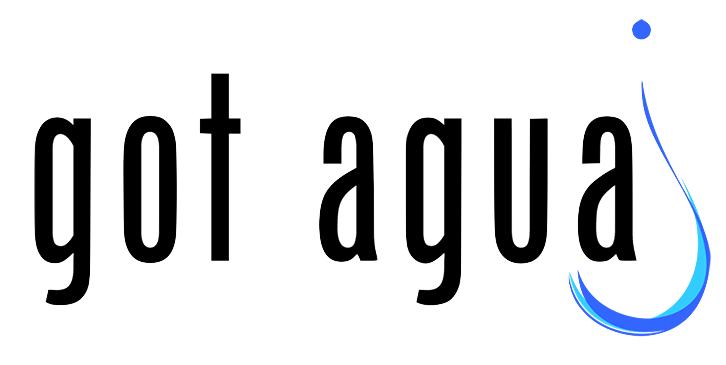International water charity pilots Aklan project
Habitat for Humanity will deliver the homes that had been lost, while Got Agua will donate funds for the installation of jetmatic hand pumps, providing the community with clean, potable water.
International water charity Got Agua? recently broke ground on its first project in the province of Aklan. Although the project is not the first of its kind in the Philippines, it is a pioneering project partnership between Got Agua and Habitat for Humanity spearheaded by Got Agua president Rocco Puno.
“The two international organizations share a common mission of uplifting the lives of Filipinos. There are plenty of synergies in working together, and we hope this is the first of many projects,” Puno said.
Habitat for Humanity will deliver the homes that had been lost, while Got Agua will donate funds for the installation of jetmatic hand pumps, providing the community with clean, potable water. In order to put this together, representatives of both organizations worked with Fr. Geoffrey Jimenez of Holy Child Parish, who will oversee all activities involving construction and installation.
This collaborative model is a hallmark of the Got Agua strategy: partner with local communities to provide local solutions for the neighborhood’s water needs. This strategy stems from the core principles of the organization, which believes that access to clean, potable water is a right for all human beings.
While Got Agua’s mission is not complete until all have access to safe drinking water, it has made strides toward its goal, completing 32 projects for 18,000 people in India, Africa, and the Philippines.
Despite its global focus, the organization will continue to prioritize the Philippines for its new projects. Puno says, “With our partnership with Habitat for Humanity, we believe we’re on our way to changing thousands of lives.”
Source: The Philippine Star
Get Involved Now!
There is hope. We know how to bring people clean water and improved sanitation. Proven solutions to the water crisis currently exist and are simple and cost-effective. Increased global awareness, proper funding, local community participation can make universal safe drinking water a reality.

